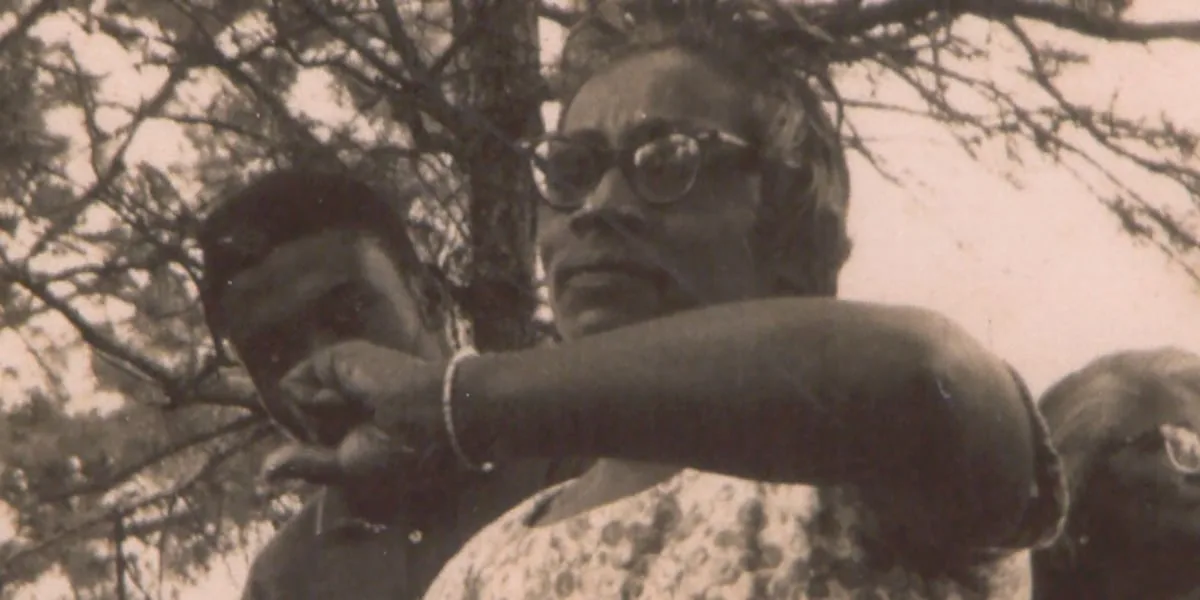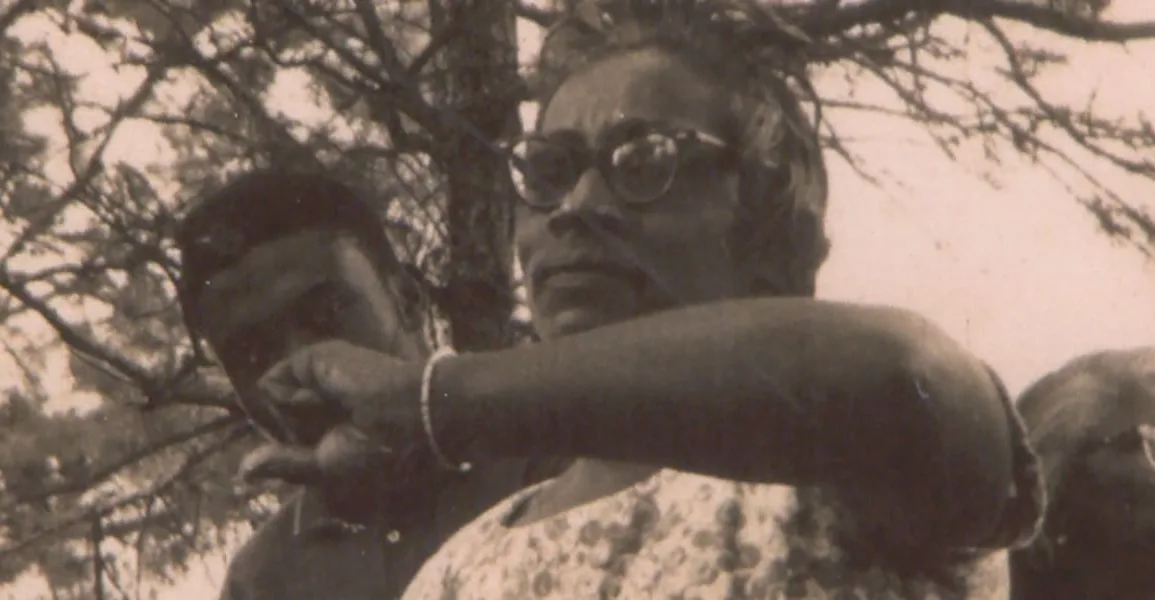
CANTON, Miss. (WLBT) – When remembering Annie Devine, many say she was known to be soft-spoken and humble. But one thing she wasn’t quiet about was fighting for equality.
She played a pivotal role in helping African Americans gain the right to vote. Those courageous efforts led to former presidents passing legislation in her honor.
“That’s where she’s standing in that same door,” Barbara Devine-Reed said, Abbie Devine’s daughter.
It’s been more than five decades since civil rights icon Annie Devine walked through the doors of this Freedom House, which is now a historic landmark and a Civil Rights Museum on George Washington Avenue in Canton.
Moments of history still decorate the office, including a vintage typewriter, the original recordkeeping book, and an old-fashioned radio where they listened to news coming in across the airwaves. Annie Devine was born in Alabama.
Her family later packed up and moved to Canton at an early age where she was raised. She graduated from Tougaloo College.
Devine later became a schoolteacher and an insurance agent.
After seeing the injustices happening to many African Americans, Devine knew she had to do something about it. For her, that meant getting qualified people in office who looked like her and would represent all people.
“The basic thing was to get black people out and to vote again because we had not voted in almost a hundred years,” Devine-Reed said
That’s when she joined CORE, the “Congress of Racial Equality” organization. It was there she and others organized voter registration drives in the city in 1963.
“She was so excited about it. She began to stir up people and they began to listen to her. This started to create a stir in the city,” Devine-Reed said. “She said a change is coming. And we have to get ready for it because things are about to change.”
It was a change Devine-Reed says came with a huge sacrifice. Though excitement was in the air at that moment, they quickly realized the consequences and possible dangers of attempting to vote in those days.
“The initial shock was, who are we going to vote for? Oh no I’m not getting involved in that, you know what happened to so and so. Medgar Evers had just gotten killed in June of that same year. So, people remembered that,” Devine-Reed said.
And for anyone of color trying to vote…
“Your name was printed in the local newspaper for two whole weeks alerting the creditors, the employers, would-be employers, the law enforcement that such and such a person was trying to register to vote. And that was a no-no as far as black people were concerned,” she stated.
After seeing the cloud of fear hovering over the city of Canton, Devine became even more active. She founded and organized the Mississippi Freedom Democratic Party in 1964.
It was an independent political party to give African Americans a voice and a platform in Mississippi politics. Up until this point, African Americans were not allowed to participate in the state’s Democratic Party.
During a Mississippi Freedom Democratic Party convention in Madison County, Devine, alongside civil rights activists Fannie Lou Hammer and Victoria Gray, was selected to be a delegate to the Democratic National Convention in Atlantic City, New Jersey in 1964.
The three powerhouses were chosen to challenge the seating of the three white delegates from the democratic party in Mississippi.
“When half the citizens, four hundred and fifty thousand African Americans were not allowed to vote, but they were there to represent the state. But these African Americans were not I guess a part of the state, but they were showing up every year. So the MFDP showed up and they demanded the seating and to be seated in place of those delegates from the regular democratic party,” Devine-Reed continued.
Although the trio was unsuccessful, they were offered a compromise. That compromise was two at-large seats offered to the Mississippi Freedom Democratic party.
“At large meant that you don’t represent anybody in particular. So they’re just empty seats just for show just to make somebody look good. But really, you get nothing They refused. They say we came with nothing; we’ll go back with nothing. We’re not going to accept this, it’s like selling out,” she said.
What they had already accepted as defeat, turned out to be a moment of triumph.
Their bravery gained the attention of the president of the United States and later led to the Voting Rights Act of 1965 being passed, a huge milestone for black people in the South.
“So, President Kennedy was assonated. President Johnson, Lyndon B. Johnson, was the one who actually passed the bill,” Devine-Reed said.
Due to Devine’s persistence, bravery, and passion for change, the bill helped create a better life for black people once it was signed into law.
“It was great. Because it fulfilled all the promises for black people contained in the Constitution. It contained all the rights that would bring black people into full citizenship,” she said.
The civil rights activist didn’t stop there, she continued to put together voter registration drives in Canton. She later founded and organized the Child Development Group of Mississippi; a Head Start program for underserved black children.
“I would like to give that legacy to the generation that’s coming after us. A legacy of a heart of servanthood and a heart for humanity, just like God gave it to the generation before us,” Devine-Reed said.
Devine died in 2000. She was 88 years old.
What Annie Devine started in Canton, continues to benefit people everywhere even to this day.
African Americans can vote and many are being elected into office.
Her courageous efforts are true examples of taking a leap of faith. She’s truly remembered as a light in dark places.
Want more WLBT news in your inbox? Click here to subscribe to our newsletter.
See a spelling or grammar error in our story? Please click here to report it and include the headline of the story in your email.
Copyright 2024 WLBT. All rights reserved.



